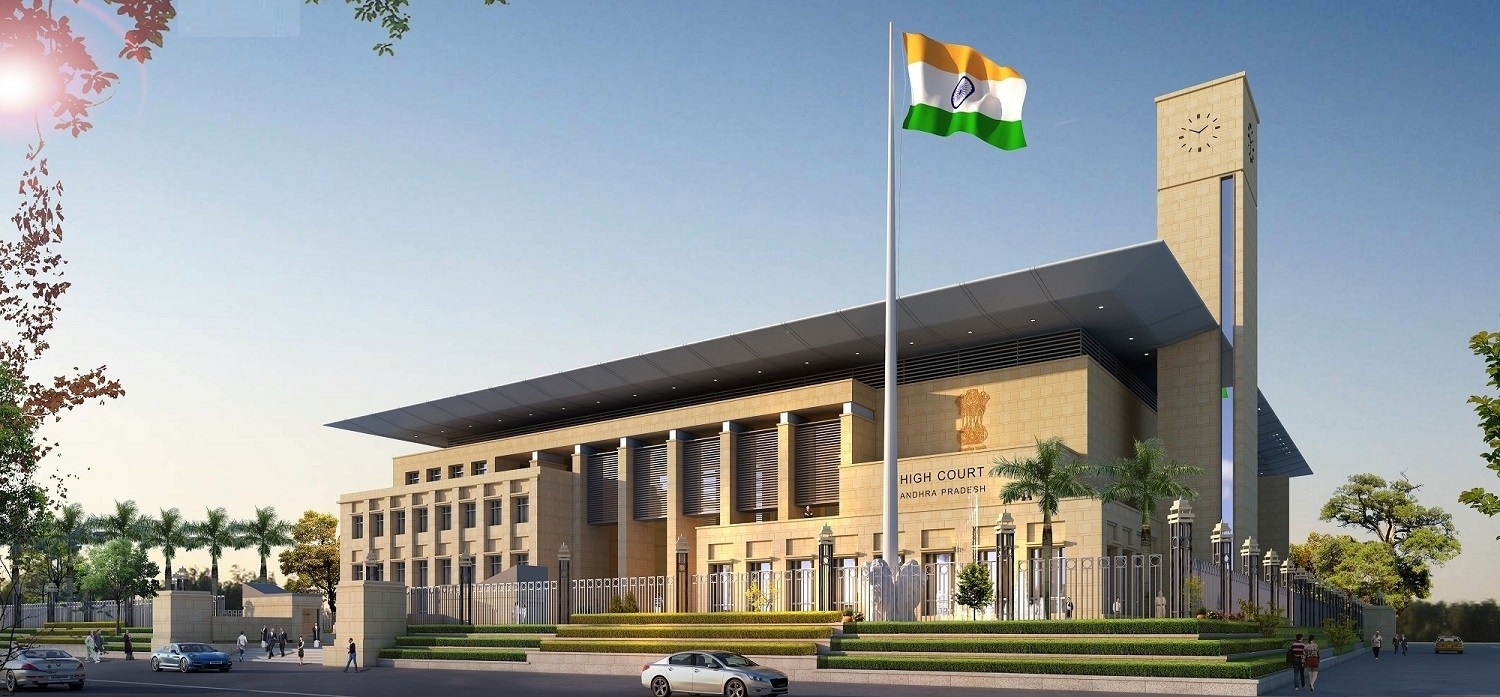-
by Admin
15 February 2026 5:35 AM



In a notable decision delivered on April 16, 2024, the Andhra Pradesh High Court in Amaravati upheld the trial court's judgment concerning the partition of ancestral property among legal heirs, dismissing the appeal that contested the validity of a will. The appellants had challenged the trial court's decree granting equal partition of properties, asserting rights based on a will purportedly executed by S.R. Thillai Kaliyappan.
Legal Issue at Hand
The primary legal contention revolved around the validity of a will claimed by the appellants, which allegedly bequeathed the entire property to the appellant's son, excluding other heirs. The respondents contested the will's authenticity, leading to a thorough judicial examination of its execution and attendant circumstances.
Factual Background and Trial Court's Findings
The dispute involved properties left by the late S.R. Thillai Kaliyappan, who died on May 14, 1976. According to the appellants, Kaliyappan executed a will on July 23, 1975, favoring his son. The trial court, however, found the will surrounded by suspicious circumstances such as the absence of the original document, unconvincing testimony from attesting witnesses, and the non-registration of the will.
High Court's Assessment
Justice V. Srinivas of the High Court meticulously reviewed the evidence and legal arguments presented. The court noted multiple suspicious circumstances concerning the will's execution, including the failure of the propounders to provide a satisfactory explanation to dispel the suspicions.
The judgment highlighted:
Absence of Original Will: The original document was never produced in court, and no satisfactory explanation was provided for its absence.
Testimony of Witnesses: The witnesses failed to convincingly establish that they were present during the will's execution or that the testator was in a sound state of mind.
Non-Registration: The will was not registered, further complicating the authenticity claims.
The High Court agreed with the trial court's findings that the will had not been proven valid according to the requisite legal standards.
Decision and Implications: The High Court dismissed the appeal, affirming the trial court's decision that the properties be partitioned equally among all legal heirs, as per the provisions of the Indian Succession Act. The court underscored that the purported will does not alter the statutory rights of the heirs to claim an equal share of the ancestral property.
Date of Decision: April 16, 2024
Mahalakshmi Ammal and S.R.T. Ramaswamy vs. Krishnan Venkateswari et al.
